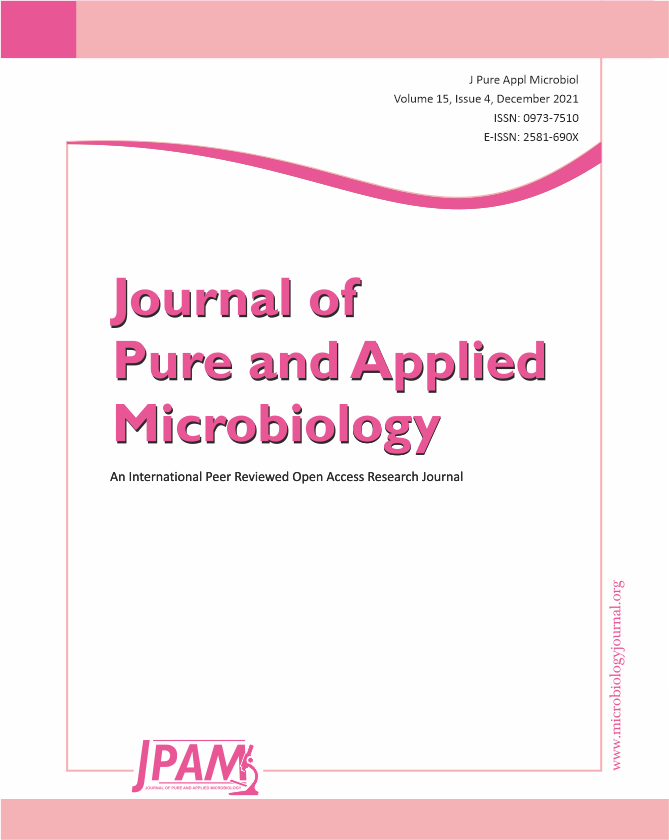Developing resistance to the currently available antimicrobial agents, particularly anti-Bacterial, is a worrying issue that rises highly worldwide. Communities, health workers, and government officials around the world are joining in, calling for overuse and misuse of antibiotics to stop. The phrase “de-marketing” indicates a strategy that drives to organize the form and the level of the current and future demand; not only that, but rationalizes it by organizations (profit, non-profit organizations as well as governments) specified to discourage and minimize activities of organizations about selling, distribution, using, and advertising… etc. It is to conduct an investigation of the potential impact of de-marketing in both controlling and minimizing the antibiotic misusage in Jordan. The essential purpose of the current analysis research is to manifest the contribution of the general demarketing strategy in influencing the attitude of consumers towards rationalization of taking antibiotics through regular medications, which is under the supervision and recommendations of professional doctors. In this article, we focused on those secondary resources derived from the published literature. Besides, we relied on the output of 450 consumers’ interactions and responses to our 19 questions distributed as a survey with consideration to the general ethics. The model of our study was designed based on the preliminary information collected from exploration study. The insight statistical analysis confirmed a attitude towards rationalization of taking antibiotics without doctor supervision (off prescription) that properly will raise the issue of antibiotics misuse along with its severe and dangerous side effects which will have a possible reduction of the undesirable and toxic effects after misusing the drugs. Moreover, this strategy would have a positive impact in lowering eco-toxicity of antibiotics misuse to words non-target aquatic organisms; plants or sediment and soil-inhabiting organisms. In conclusion, The problem of antibiotic resistance can be minimized only by concerted efforts of all members of society for ensuring the continued efficiency of antibiotics, the demarketing strategy shows a promising approach which could be used by any interested parties working to develop policies, strategies, interventions or campaigns to reduce antibiotic resistance.
Advertising campaign, Antibiotics misuse, Toxicity, Attitude, Medications, Consumption, Demarketing strategy
© The Author(s) 2021. Open Access. This article is distributed under the terms of the Creative Commons Attribution 4.0 International License which permits unrestricted use, sharing, distribution, and reproduction in any medium, provided you give appropriate credit to the original author(s) and the source, provide a link to the Creative Commons license, and indicate if changes were made.


